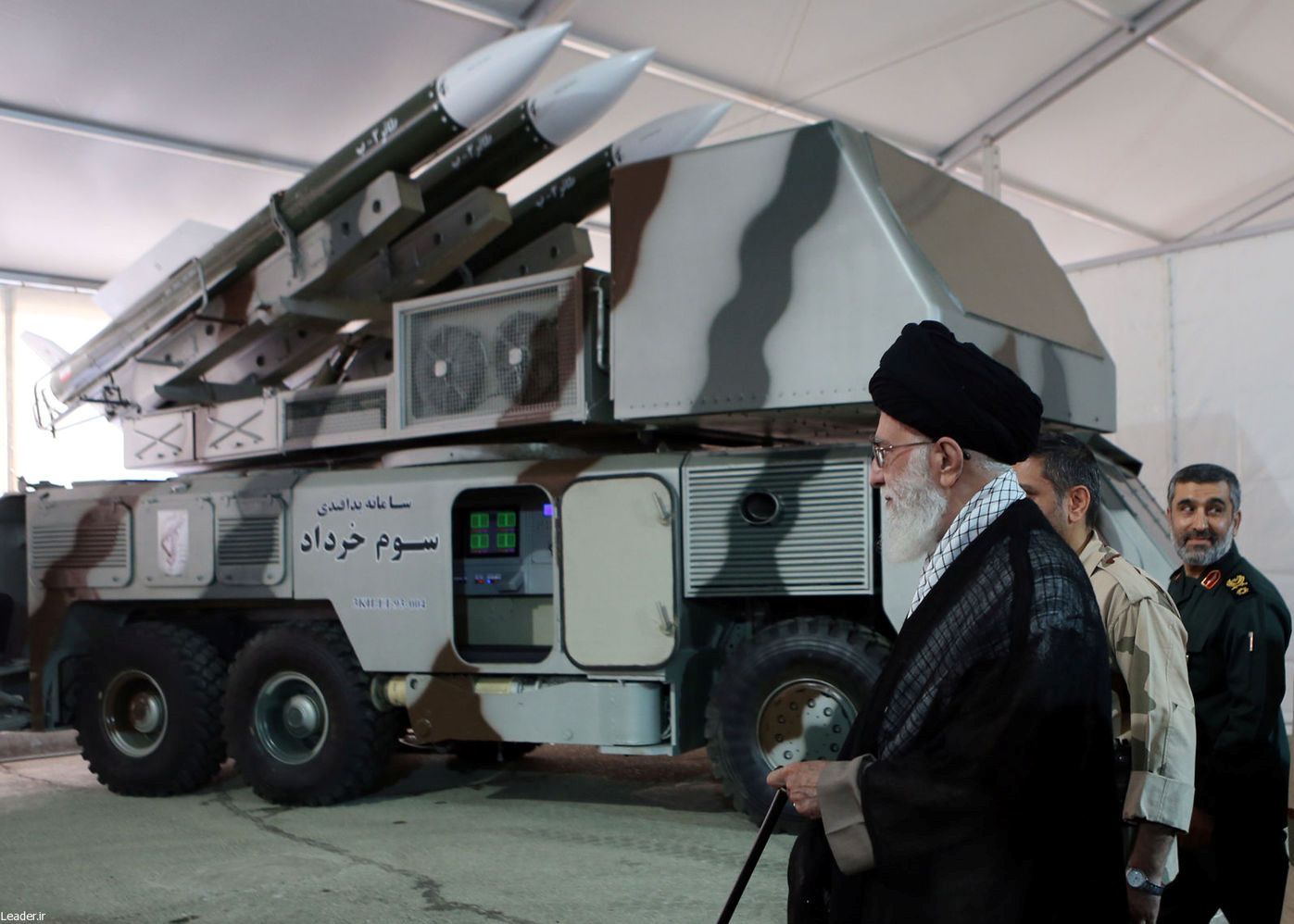War With Iran Or...Not? — On Thursday, Iran shot down a US drone over the Persian Gulf. Tehran says the craft was in its airspace, while Trump says it was over international waters and that Iran made a "big mistake" (though he also said he thought it was not "intentional"). This is the latest provocation in a tense situation between the US and Iran, and Trump seems to have competing impulses here. On the one hand, he needs to appear tough on Iran and has hinted that there will be a response. But on the other, as he stressed to the press on Thursday, he campaigned in 2016 on getting the US out of "endless" foreign military entanglements. We are watching to see not only how he squares that circle in response to the drone hit, but how he balances these impulses more broadly as he seeks re-election. In fact, reports emerged this morning that Trump had abruptly called off a pre-dawn plan to hit Iranian missile and radar sites. It's unclear if this was due to a change of heart or a logistical complication. But that giant thudding sound you hear? It's National Security Adviser John Bolton, who's been spoiling for an Iran strike for years, banging his head and mustache against the wall. So close!
Putin's Puffed-up Poll Numbers — Earlier this month, Kremlin-backed polling agency VTsIOM asked Russians which politicians they trusted. Putin scored just over 30%. The Kremlin wasn't happy about it and just five days later, VTsIOM altered the question to ask whether respondents trusted Putin or not — his new score was 72.3%. Neat trick! But Putin's broader approval ratings, as measured by independent pollster Levada, have fallen sharply since his re-election for a fourth term, and especially after the government introduced a pension reform plan that sparked protests across the country. Putin tried to reassure his people yesterday during his annual live call-in show, but we're watching to see if the trend continues and what Putin, now nearing 20 years in power, can do about it.
What We're Ignoring
Nigeria's Cash-Quaffing Wildlife — Somebody owes the gorillas of Nigeria's Kano state a serious apology. Some of the gate fees recently went missing from the Kano Zoo and local media reported that the money — 6.8 million naira or about $22,000 — had been eaten by a hungry gorilla. Abdullahi Ganduje, Kano state governor, pointed out that the zoo has no gorilla and has reported the matter to local anticorruption authorities. The news comes just weeks after a woman in Benue state claimed that $100,000 trusted to her care had been eaten by a snake. We are ignoring these incidents because given the level of local corruption, cash is still much more likely to disappear into the pockets of real officials than into the mouths of phantom animals.
